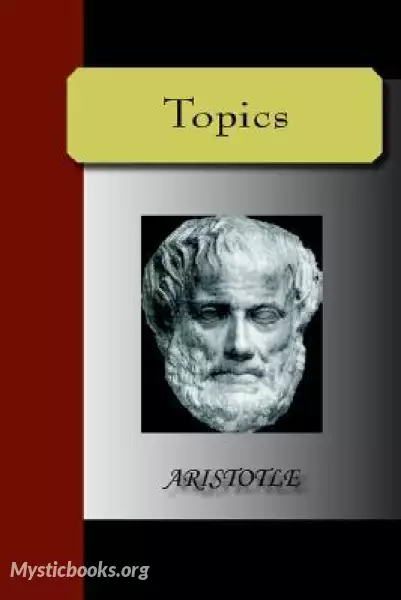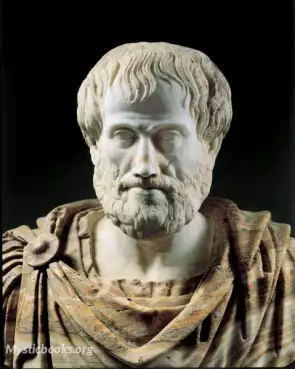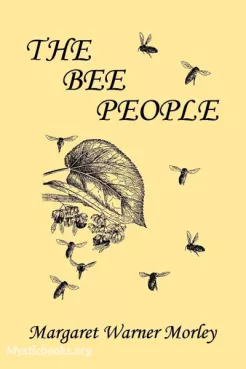
Topics
by Aristotle
'Topics' Summary
In his treatise Topics, Aristotle does not explicitly define topic, though it is "at least primarily a strategy for argument not infrequently justified or explained by a principle." He characterises it in the Rhetoric thus: "I call the same thing element and topic; for an element or a topic is a heading under which many enthymemes fall." By element, he means a general form under which enthymemes of the same type can be included. Thus, a topic is a general argument source, from which the individual arguments are instances, and is a template from which many individual arguments can be constructed. The word topic derives from ancient Greek tópos (literally "place, location"). It is also related to the ancient mnemonic technique method of loci, by which things to be remembered are recollected by mentally connecting them with successive real or imagined places.
Book Details
Authors

Aristotle
Greece
Aristotle (384–322 BC) was a Greek philosopher and polymath during the Classical period in Ancient Greece. Taught by Plato, he was the founder of the Lyceum, the Peripatetic school of philosophy...
Books by AristotleDownload eBooks
Listen/Download Audiobook
- Select Speed
Related books

On the Parts of Animals by Aristotle
Parts of Animals is one of Aristotle's major texts on biology. It was written around 350 BC. The whole work is roughly a study in animal anatomy and p...

The Bee People by Margaret Warner Morley
A captivating tale of survival, redemption, and the astonishing power of the Bee People. In a time when humanity finds itself at odds with nature, a y...

Of Peace of Mind by Seneca
How to maintain a tranquil mind amongst social upheaval and turmoil, addressed to Serenus.

Explorers and Travellers by Adolphus W. Greely
This book, 'Explorers and Travellers' by Adolphus W. Greely, delves into the lives of American explorers who pushed the boundaries of discovery. Throu...

Library of the World's Best Literature, Ancient and Modern, volume 09 by Various
An extensive collection of literature from various periods and cultures, ranging from ancient to modern times. This volume, part of a 46-volume set, f...

Journal of A Residence On A Georgian Plantation, 1838-1839 by Frances Kemble
Fanny Kemble was a British actress who married mega-plantation owner, Pierce Butler of Georgia. During her marriage she kept journals of everyday life...

A Book of Whales by Frank Evers Beddard
This Book is a fascinating exploration into the enchanting world of these majestic marine creatures. Originally written in [1900], this captivating bo...

Frozen North by Edith Horton
This book, 'The Frozen North' by Edith Horton, presents a collection of biographical sketches about early explorers who dared to venture into the hars...

On the Nature of Things (Leonard translation) by Titus Lucretius Carus
On the Nature of Things, composed in the 1st century BCE by Titus Lucretius Carus, encapsulates the core tenets of Epicurean philosophy and science th...

Far Away and Long Ago - A History of My Early Life by William Henry Hudson
In "Far Away and Long Ago," William Henry Hudson recounts his early life in the Argentine Pampas, where he discovered the natural world with an unbrid...
Reviews for Topics
No reviews posted or approved, yet...